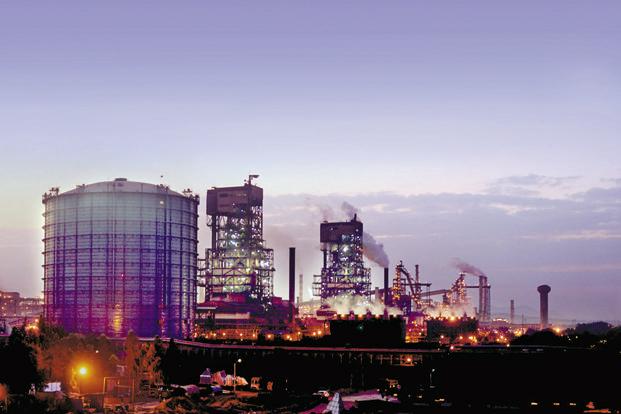Finance
Federal Government Spent N29 billion as Personnel Costs on Non-Functioning Ajaokuta Steel Mill
FG is Spending an average of N3 billion on dilapidated Ajaokuta every year

Despite the unpalatable condition of Ajaokuta Steel Mill, investigation indicated that the Federal Government has been expending an average of N3 billion every year on personnel costs between 2016 and 2023.
This shows that since the emergency of the present administration, the Federal Government has spent a sum of N26 billion on personnel costs on the non-functioning steel mills in eight years.
Beginning in 2016, a sum of N3.5 billion was appropriated as personnel costs while N3.8 billion was budgeted in 2017.
Similarly in 2018, a sum of N3.7 billion was allocated for personnel costs while N3.5 billion was allocated in 2019. In 2020, N3.5 billion was allocated while N3.8 billion was budgeted for the moribund steel facility in 2021.
In the current fiscal year, a sum of N3.9 billion personnel costs was appropriated for the steel company while N3.5 billion was allocated in the 2023 budget proposal.
Founded in 1979, Ajaokuta was expected to be the bedrock of Nigerian industrialisation. It has however since been abandoned with no clear headway while a cobweb of legal disputes has been clouding any reasonable way forward.
The construction of Ajaokuta steel mill was awarded to a Russian company called TPE. The construction reached an advanced stage in 1983. However, the contractor demobilised from the site in 1994 due to maladministration.
One of the broken agreements to revive the steel mill was with an Indian company, Global Steel Holdings Limited which won the concession of the Ajaokuta steel mill for a 10-year period. Yet, the agreement was revoked which led to a legal firework and a subsequent $496 million settlement with the company.
The company, Global Steel Holdings Limited took the Federal Government to the International Court of Arbitration in Paris while it demanded $5.2 billion as agreement damages.
Investors King understands that if brought back to life, Ajaokuta will not only employ thousands of Nigerians, but it will also help the country’s foreign exchange.